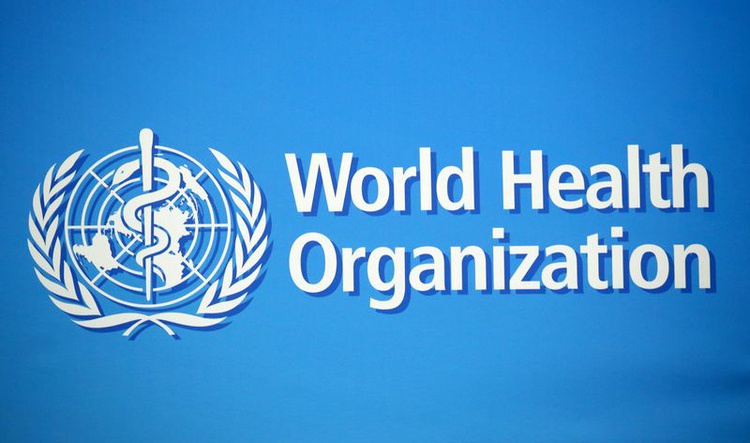By Asmau Ahmad
The World Health Organisation (WHO) said investments in education, skills, and decent jobs for health need to be prioritised to meet the rapidly growing demand for health and avert a projected shortage of 10 million health workers by 2030.
The WHO also called on governments and leaders to take action to protect and invest in health and care workers who are at the forefront of the response to health and climate emergencies.
The organisation along with its 194 Member States and other partners are also calling for a renewed drive for health equity in face of unprecedented threats.
The global health body said this in a press statement issued on Monday ahead of its 75th anniversary on April 7, 2023.
Seventy-five years ago, in the aftermath of the deadliest and most destructive war in human history, the Constitution of the WHO came into force: a treaty between the nations of the world, who recognised that health was not only a fundamental human right but also fundamental to peace and security.
The global health body said over the past seven and a half decades, there has been extraordinary progress in protecting people from diseases and destruction, including smallpox eradication and reducing the incidence of polio by 99 per cent.
It also includes saving millions of lives through childhood immunization, declines in maternal mortality and improving health and well-being for millions more.
“The history of WHO demonstrates what is possible when nations come together for a common purpose,” said the Director-General of the WHO, Dr Tedros Ghebreyesus.
“We have much to be proud of, but much work to do to realize our founding vision of the highest attainable standard of health for all people. We continue to face vast inequities in access to health services, major gaps in the world’s defences against health emergencies, and threats from health-harming products and the climate crisis. We can only meet these global challenges with global cooperation.”
To meet these challenges, WHO is urging countries to take urgent action to protect, support and expand the health workforce as a strategic priority.
“Investments in education, skills, and decent jobs for health need to be prioritised to meet the rapidly growing demand for health and avert a projected shortage of 10 million health workers by 2030; primarily in low- and middle-income countries.
“A global education programme on basic emergency care targeting 25 per cent of nurses and midwives from 25 low- and middle-income countries by the end of 2025 was also recently announced by WHO.
“This 25x25x25 emergency care programme will provide nurses and midwives with the skills and competencies to make a major difference in saving lives and reducing disabilities.
“Looking forward to the next 75 years and close to the turn of the next century, a renewed commitment to health equity will be the key to addressing future health challenges.
“In the shadow of the COVID-19 pandemic, WHO’s roadmap to recovery includes an urgent paradigm shift towards promoting health and well-being and preventing disease by addressing its root causes and creating the conditions for health to thrive.
“WHO is urging countries to provide health by prioritising primary health care as the foundation of universal health coverage,” it said in the statement.
The body said the COVID-19 pandemic has shown that protecting health is fundamental to our economies, societies, security, and stability.
“Learning from the worst pandemic in recent history, WHO stands ready to support the countries of the world as they negotiate a pandemic accord, the revision of the International Health Regulations and other financial, governance, and operational initiatives to prepare the world for future pandemics,” it noted.




